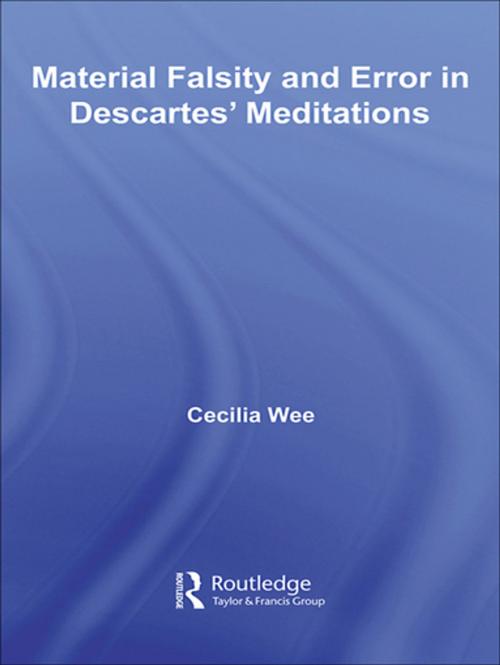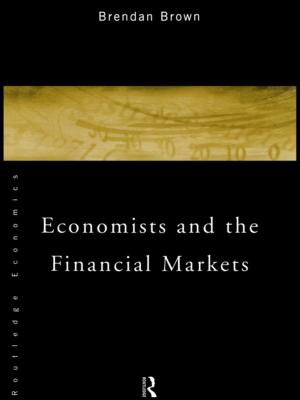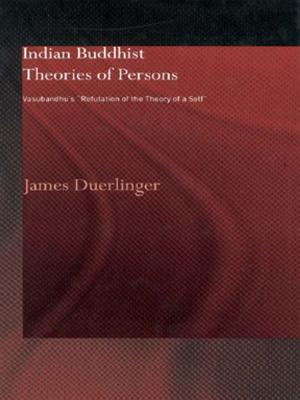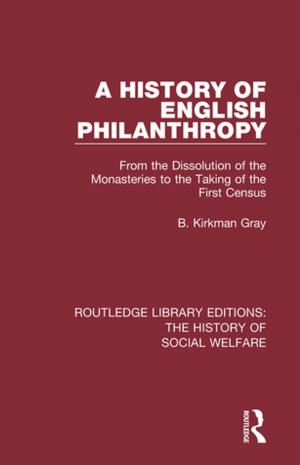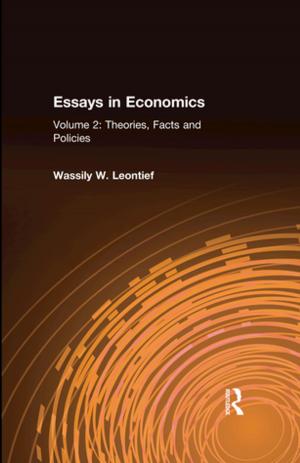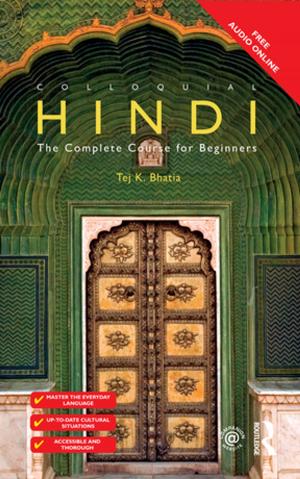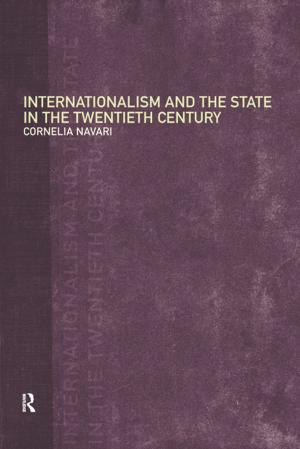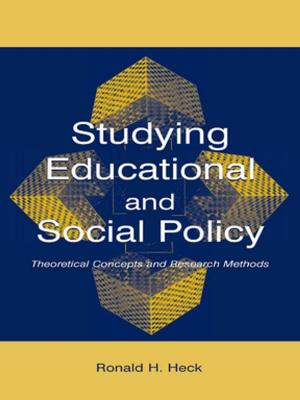Material Falsity and Error in Descartes' Meditations
Nonfiction, Religion & Spirituality, Philosophy| Author: | Cecilia Wee | ISBN: | 9781134270934 |
| Publisher: | Taylor and Francis | Publication: | September 27, 2006 |
| Imprint: | Routledge | Language: | English |
| Author: | Cecilia Wee |
| ISBN: | 9781134270934 |
| Publisher: | Taylor and Francis |
| Publication: | September 27, 2006 |
| Imprint: | Routledge |
| Language: | English |
Material Falsity and Error in Descartes’s Meditations approaches Descartes’s Meditations as an intellectual journey, wherein Descartes’s views develop and change as he makes new discoveries about self, God and matter. The first book to focus closely on Descartes’s notion of material falsity, it shows how Descartes’s account of material falsity – and correspondingly his account of crucial notions such as truth, falsehood and error – evolves according to the epistemic advances in the Meditations. It also offers important new insights on the crucial role of Descartes’s Third Meditation discussion of material falsity in advancing many subsequent arguments in the Meditations.
This book is essential reading for those working on Descartes and early modern philosophy. It presents an independent reading on issues of perennial interest, such as Descartes’s views on error, truth and falsehood. It also makes important contributions to topics that have been the focus of much recent scholarship, such as Descartes’s ethics and his theodicy. Those working on the interface between medieval and modern philosophy will find the discussions on Descartes’s debt to predecessors like Suárez and Augustine invaluable.
Material Falsity and Error in Descartes’s Meditations approaches Descartes’s Meditations as an intellectual journey, wherein Descartes’s views develop and change as he makes new discoveries about self, God and matter. The first book to focus closely on Descartes’s notion of material falsity, it shows how Descartes’s account of material falsity – and correspondingly his account of crucial notions such as truth, falsehood and error – evolves according to the epistemic advances in the Meditations. It also offers important new insights on the crucial role of Descartes’s Third Meditation discussion of material falsity in advancing many subsequent arguments in the Meditations.
This book is essential reading for those working on Descartes and early modern philosophy. It presents an independent reading on issues of perennial interest, such as Descartes’s views on error, truth and falsehood. It also makes important contributions to topics that have been the focus of much recent scholarship, such as Descartes’s ethics and his theodicy. Those working on the interface between medieval and modern philosophy will find the discussions on Descartes’s debt to predecessors like Suárez and Augustine invaluable.
